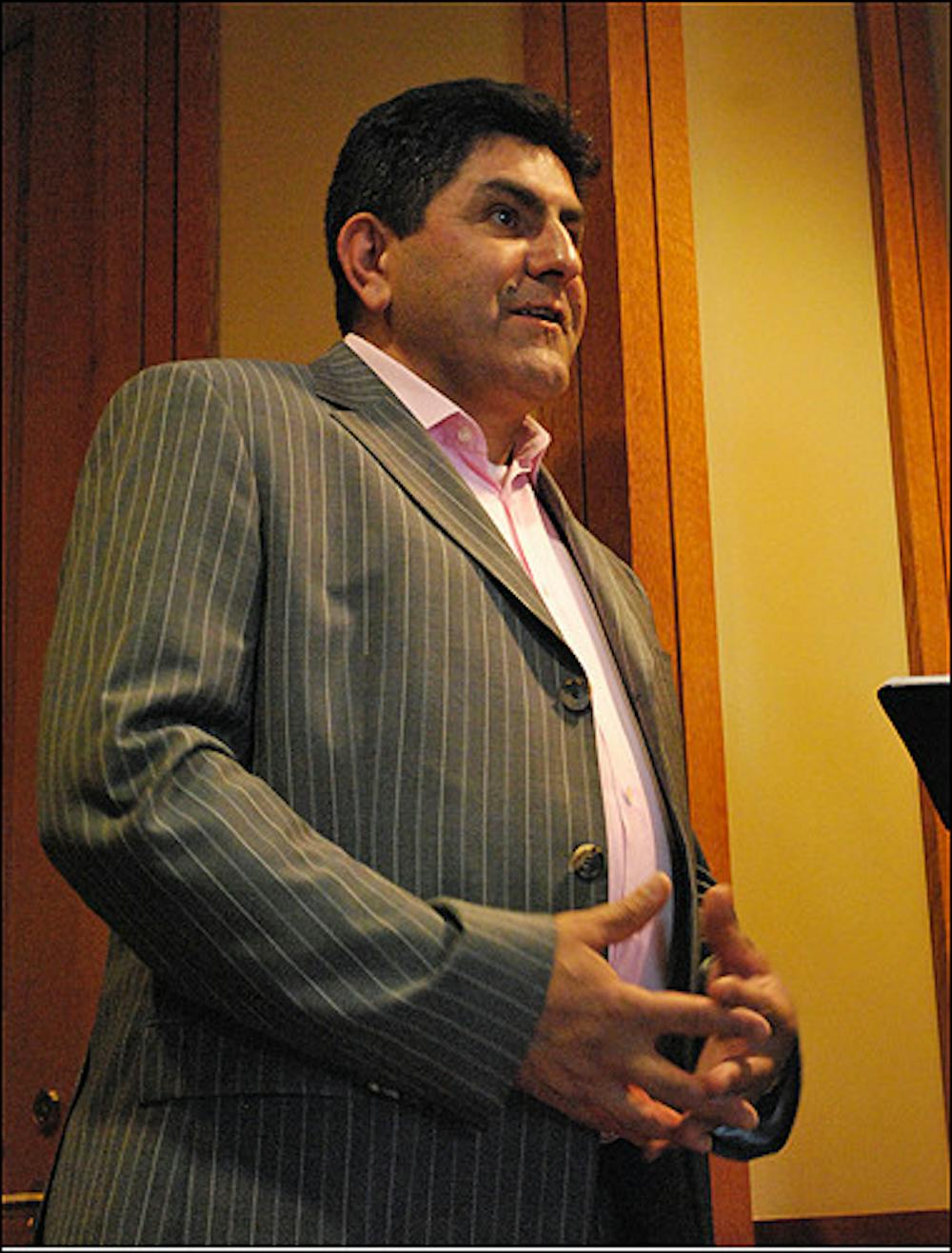The CEO of a California product-quality management company spoke at the Tempe campus Thursday, saying medical-device developers must have a complete view of their products.
Nader Fathi of SigmaQuest Inc. spoke at the 2009 Medical Electronics Symposium about how companies can prepare for the U.S. Food and Drug Administration Sentinel initiative, an electronic system that will start in 2010, and allow the FDA to monitor regulated medical products.
“You want to have this 360-degree view of the quality,” Fathi said. “I want to look at the supplier; I want to look at design. I want to look at manufacturing.”
It’s important for companies to have this kind of view because the FDA wants to gather all data to make sure medical devices work properly, he said.
“The FDA is concerned because the devices are getting so smart, but also, the risks are getting pretty big,” he said.
Fathi said it’s important for the FDA and companies to know about all the key parts of their products.
“A patient could get hurt — in some cases die — if they have a faulty product,” he said. “We can no longer hide the complications under the rug and hope nobody sees them,” Fathi said.
The event was planned by Microelectronics Packaging and Test Engineering Council and the Surface Mount Technology Association.
The college environment is an ideal setting for the symposium, said Melissa Marx, director of educational programs for the association.
“The ASU campus is a place that’s attractive to people. They like to come here, and it just worked out really well,” Marx said.
Nursing sophomore Nicole Kennedy said she thinks it’s important that companies make sure they give patients the most reliable technology.
“If you’re putting something into someone’s body, like a pacemaker, you want to make sure it is of the best quality, that it’s not going to harm the person,” Kennedy said.
Reach the reporter at salvador.rodriguez@asu.edu.




